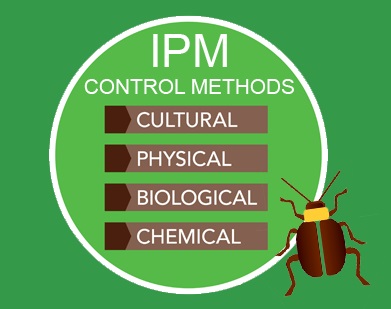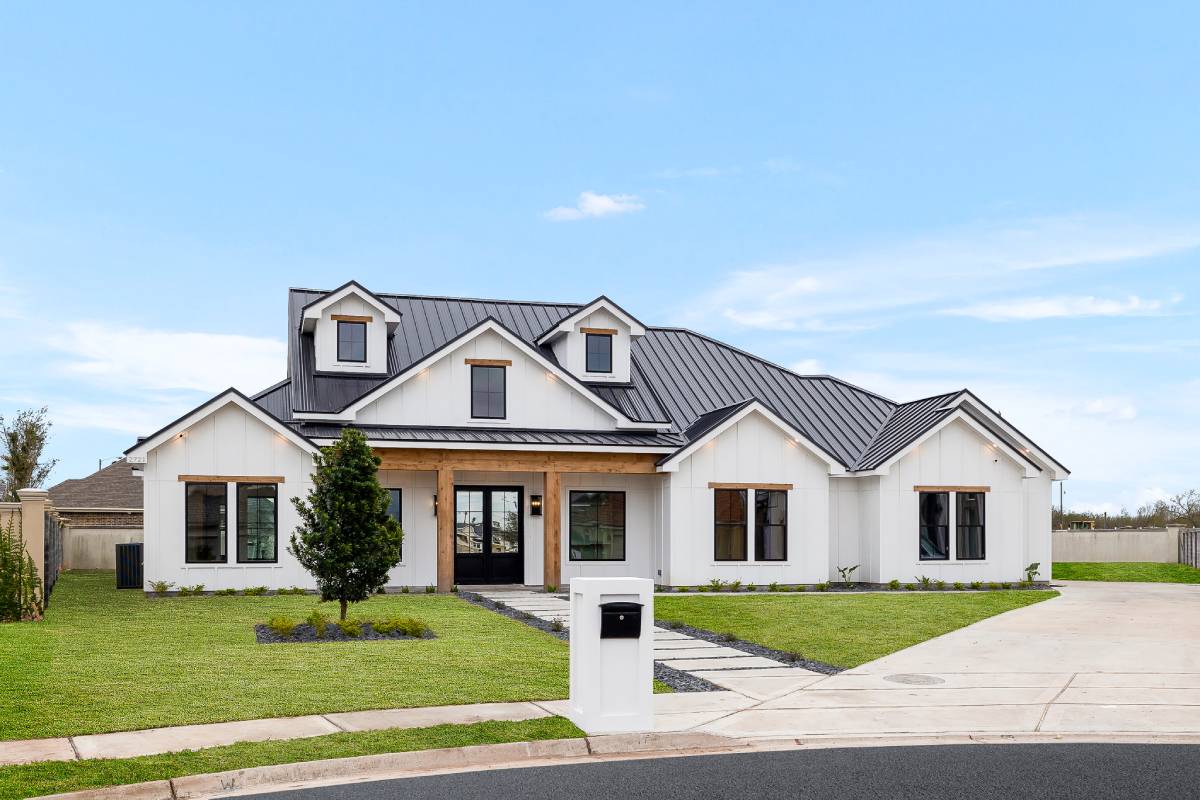Effective Approaches for Pest Management Success


Integrated Pest Management: A Holistic Approach
Effective pest management requires a comprehensive strategy to address various challenges. Integrated Pest Management (IPM) stands out as a holistic approach that combines biological, cultural, and mechanical methods alongside judicious use of chemical controls. By integrating these diverse techniques, homeowners can achieve long-term pest control success while minimizing environmental impact.
Biological Controls: Nature’s Allies in Pest Management
One of the key components of IPM is the use of biological controls. This involves leveraging natural predators, parasites, and pathogens to keep pest populations in check. For example, introducing beneficial insects like ladybugs or using nematodes to combat soil-dwelling pests can be highly effective. These biological allies contribute to a balanced ecosystem, fostering sustainable pest management.
Cultural Practices: Altering the Habitat to Deter Pests
Cultural practices involve modifying the environment to make it less hospitable for pests. This may include proper waste management, maintaining cleanliness, and eliminating potential hiding spots. By implementing cultural practices, homeowners can create an inhospitable environment for pests, discouraging infestations and promoting a healthier living space.
Mechanical Controls: Hands-On Solutions for Pest Issues
Mechanical controls entail using physical methods to manage pests. This can involve the use of traps, barriers, or even handpicking pests. Installing mesh screens on windows, sealing cracks and crevices, and employing physical deterrents contribute to effective pest management. These hands-on approaches provide targeted solutions without relying heavily on chemical interventions.
Environmentally Friendly Chemical Controls: Precision in Pest Control
While minimizing reliance on chemicals is a goal of effective pest management, judicious use of environmentally friendly pesticides can be part of the solution. Selecting low-impact, targeted pesticides helps control specific pest issues without harming non-target species. The emphasis is on precision, reducing the overall environmental footprint associated with pest control measures.
Smart Pest Detection Technologies: Early Intervention Matters
In the digital age, smart technologies have transformed the landscape of pest management. Smart pest detection systems utilize sensors and data analytics to identify pest activity in real-time. Early intervention is crucial in preventing infestations, and these technologies empower homeowners to address pest issues promptly and efficiently.
Sustainable Pest Management: Balancing Efficacy and Ecology
Sustainability is a key consideration in effective pest management approaches. Striking a balance between controlling pests and preserving the ecological balance is paramount. Sustainable pest management ensures that the methods used do not harm the environment, safeguarding the health of ecosystems while addressing pest concerns in a responsible manner.
Community Involvement: Sharing Knowledge and Resources
Effective pest management extends beyond individual efforts. Community involvement plays a crucial role in sharing knowledge and resources. Local initiatives, educational programs, and community collaborations can enhance awareness and create a collective effort toward maintaining pest-free environments. This approach fosters a sense of shared responsibility in the community.
Continuous Monitoring and Adaptation: Key to Long-Term Success
Pest management is an ongoing process that requires continuous monitoring and adaptation. Regular assessments of pest activity, preventive measures, and adjustments to control strategies are essential. By staying vigilant and adapting to changing circumstances, homeowners can ensure long-term success in managing pests effectively.
In conclusion, effective pest management approaches encompass a range of strategies that prioritize sustainability, environmental responsibility, and precision. Integrated Pest Management, coupled with technological advancements and community involvement, forms a robust framework for addressing pest issues. By adopting these approaches, homeowners can create a harmonious living environment that is both pest-free and ecologically responsible.
For more information on Effective Pest Management Approaches, visit homeinharmonia.com.








